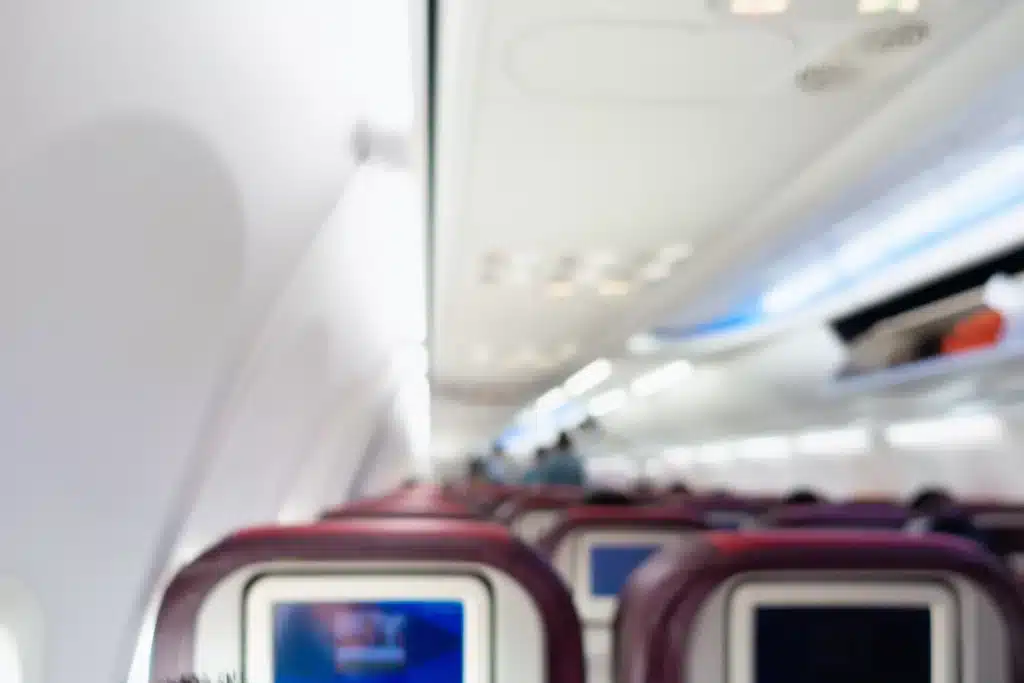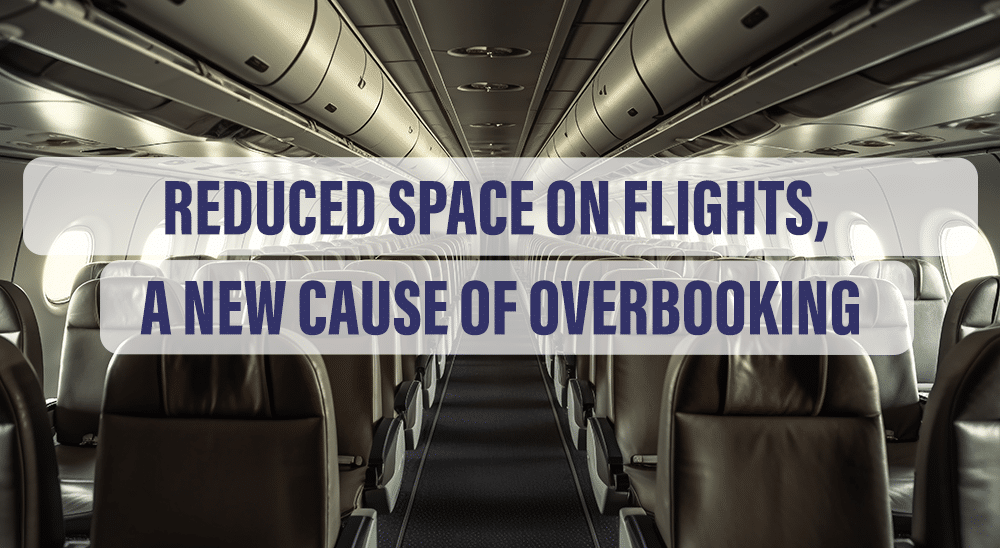Reducing space on board aircraft
In 1987, American Airlines revolutionized the world of airlines with a simple gesture: removing one olive from the salads served in first class, which allowed the company to save $40,000 annually. Twenty years later, the same airline reduced the weight of beverage carts, replacing them with carts 9 kilograms lighter than those previously used, resulting in a total reduction of about 45 kilograms per aircraft and an estimated annual savings of $2.8 million in fuel.
Since then, the “exploits” of American Airlines have been studied in business schools and serve as an example to encourage airlines to be ingenious in reducing costs and maximizing profits. Do you remember when you used to get a packet of peanuts on the flight from Lyon to Paris? It’s been years since that happened, just as you can no longer choose a seat without paying an additional fee or travel with a suitcase for free, except for certain airlines.
In general, we see that the benefits passengers enjoyed in the past are increasingly being reduced. More recently, this not only affects comfort or extras but also the flight itself. For some time now, we have seen airplane cabins reducing the available space for passenger seats without reducing the number of tickets sold, and what does that mean? It clearly increases the chances of us facing a “denied boarding” situation when we travel and have to seek compensation for overbooking.
Overbooking, one of the most common types of denied boarding
First, we will explain what “denied boarding” means, a term that refers to the refusal to transport the passenger on a flight, despite meeting the conditions established in the Conditions of Carriage. In this practice, one of the most common cases is overbooking, also known as overselling, which is provided for by Regulation (EC) No 261/2004 of the European Parliament and of the Council of 11 February 2004 establishing common rules on compensation and assistance to passengers in the event of denied boarding, flight cancellations, or long delays.

Why do airlines overbook?
Despite it may seem somewhat incomprehensible, there is a percentage of people who, for various reasons, personal or professional, do not show up for their flight check-in. Airlines, aware of this, sell more tickets than available seats, hoping that some passengers will not show up to board the flight they have booked for the corresponding day. The problem arises when all passengers show up, which, coupled with the reduction of space in airplanes, means there are not enough seats for all passengers, leading to denied boarding by the airline, which invokes a situation of overbooking.
Measures implemented by overbooking
The first step airlines take once overbooking is detected is to appeal for volunteers among passengers, trying to cause as little inconvenience as possible to their customers. In case of a lack of volunteers, a selection of passengers is made to cancel their flight, offer them alternative transportation, or financial compensation, among other options.
If you are traveling as a couple or family, it is possible that one of you may have to stay behind while the others board the plane. If you decide to stay behind, you will not be entitled to any compensation for overbooking.
We recommend consulting professionals in the field, such as our team at lexority, who will study your case in detail and seek appropriate compensation for the damages caused by overbooking.

